But the sweet light has returned. And that is stronger than everything. This morning, toward 11, I took the longest way to walk back home, along the quays…
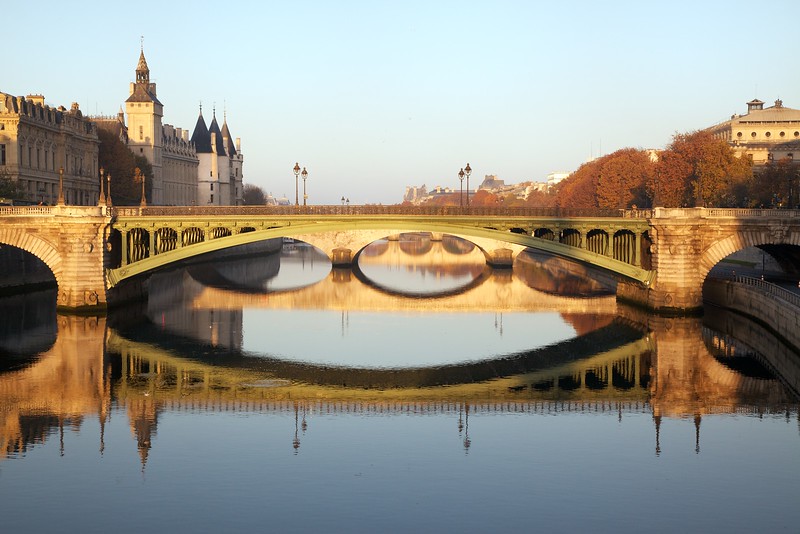 Photography print available at Found View Gallery.
Photography print available at Found View Gallery.
But the sweet light has returned. And that is stronger than everything. This morning, toward 11, I took the longest way to walk back home, along the quays. The air was silvery over the Seine, the palaces, the city, so peaceful. The sun was inflaming the poplar trees and the windows of the Louvre. The streets were just about empty. What silence! Never, for centuries, had spring set up its quarters so tranquilly in Paris. The river was bubbling. The nymph of the Seine had come into the city….Should I have turned my back on this felicity?
Jean Guéhenno
Notes:
• From Diary of the Dark Years, 1940-1944
• Jean Guéhenno was a French writer and intellectual who kept a diary during the WWII German occupation of France.
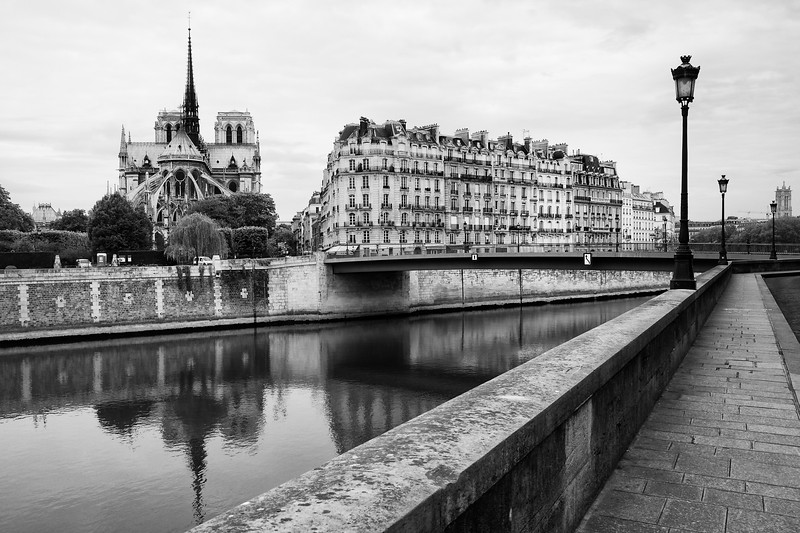 Photography print available at Found View Gallery.
Photography print available at Found View Gallery.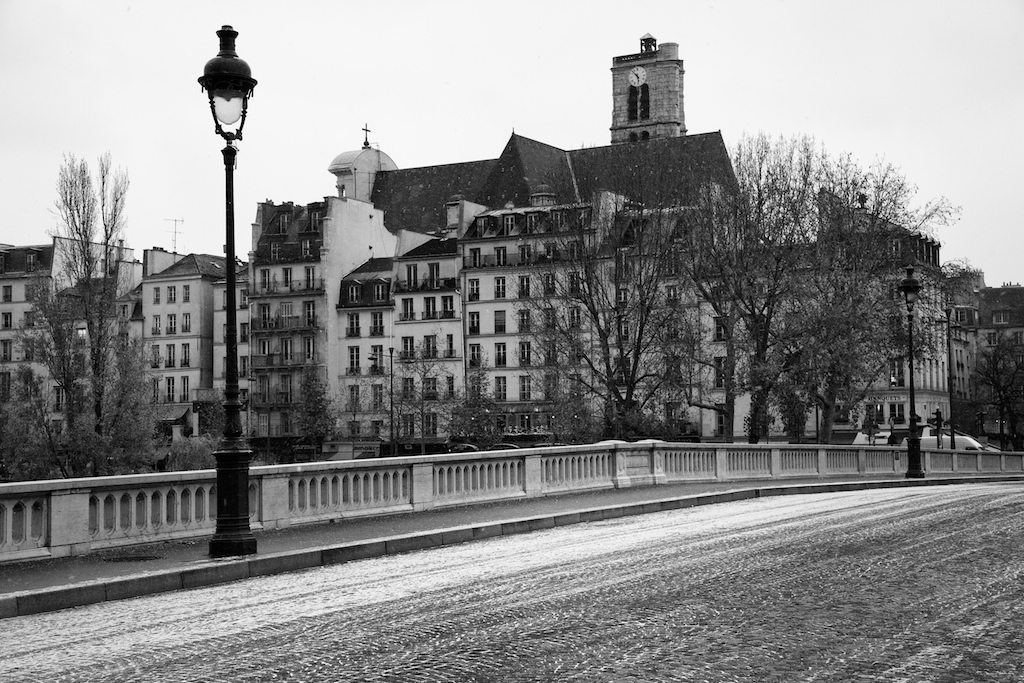 Photography print available at Found View Gallery.
Photography print available at Found View Gallery.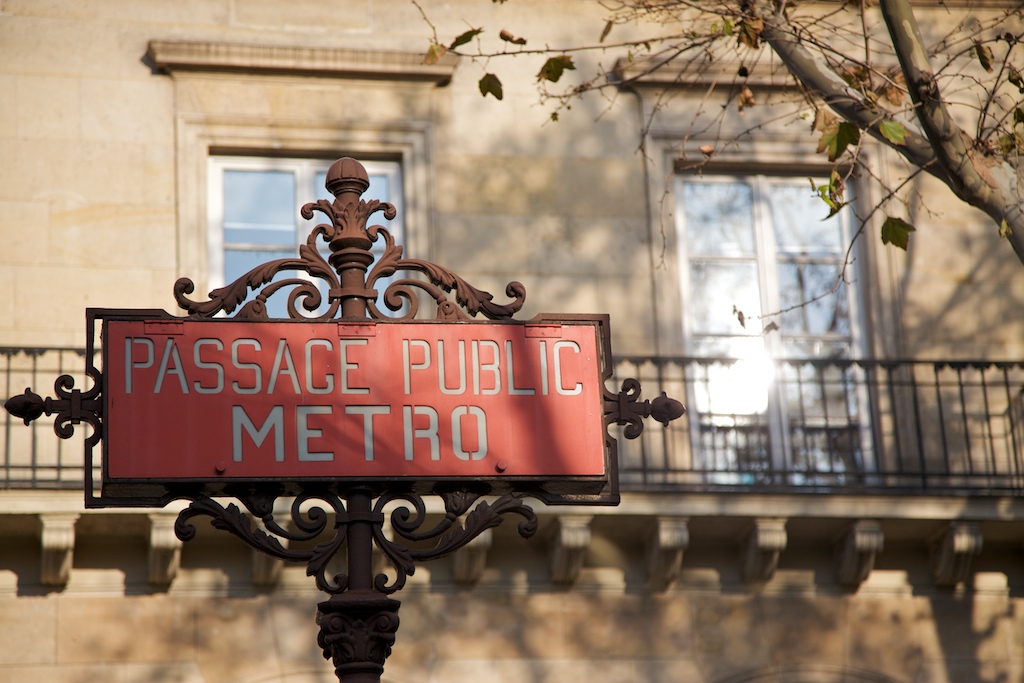 Photography print available at Found View Gallery.
Photography print available at Found View Gallery.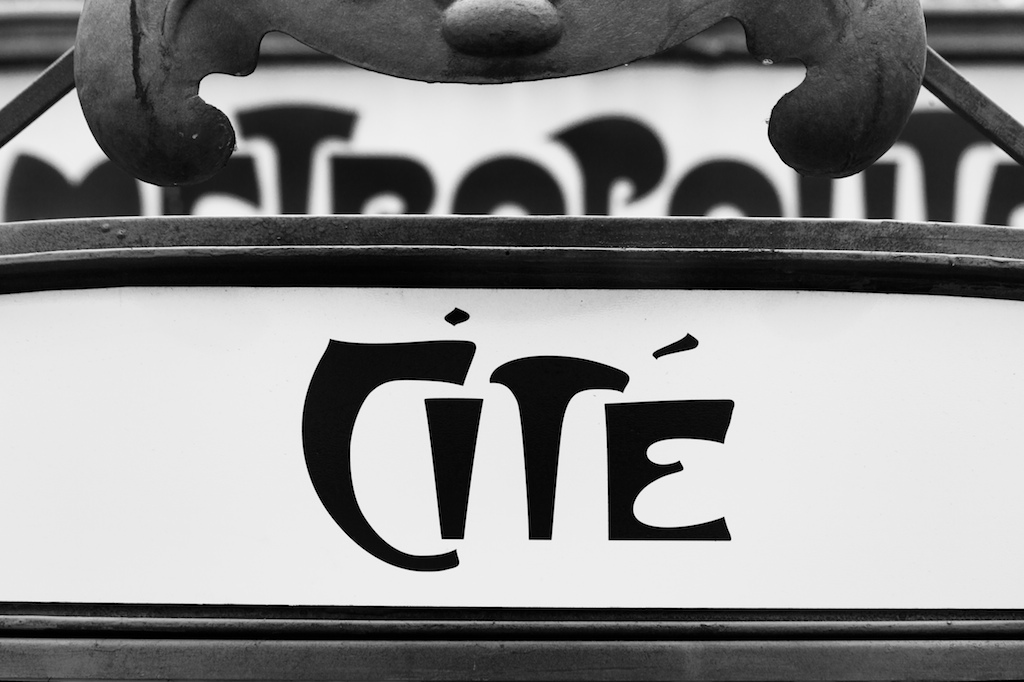 Photography print available at Found View Gallery.
Photography print available at Found View Gallery.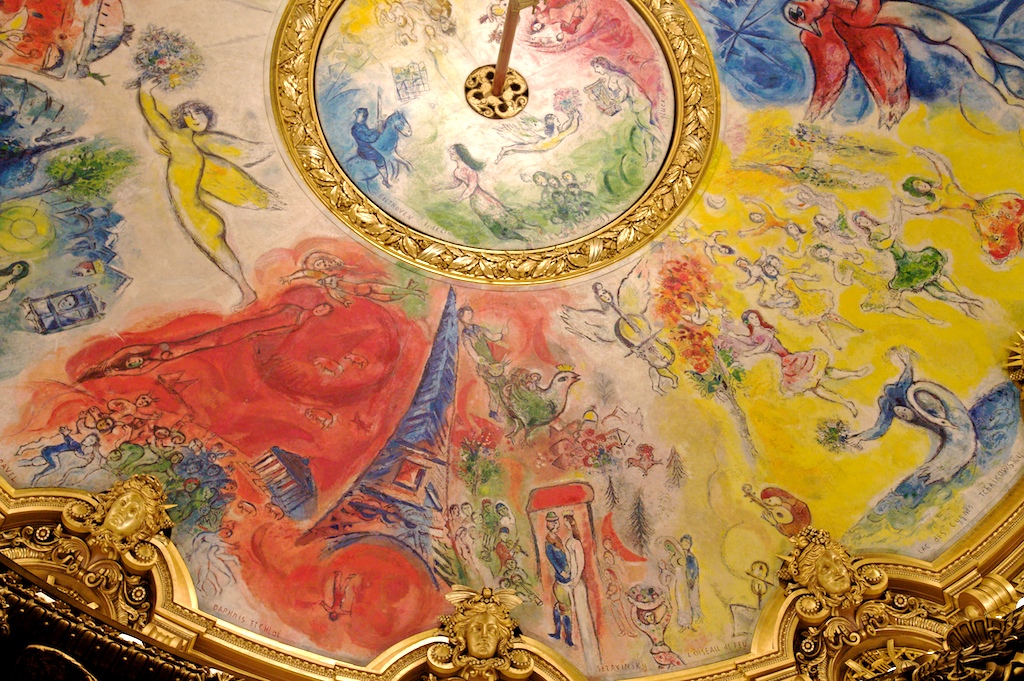 Photography print available at Found View Gallery.
Photography print available at Found View Gallery.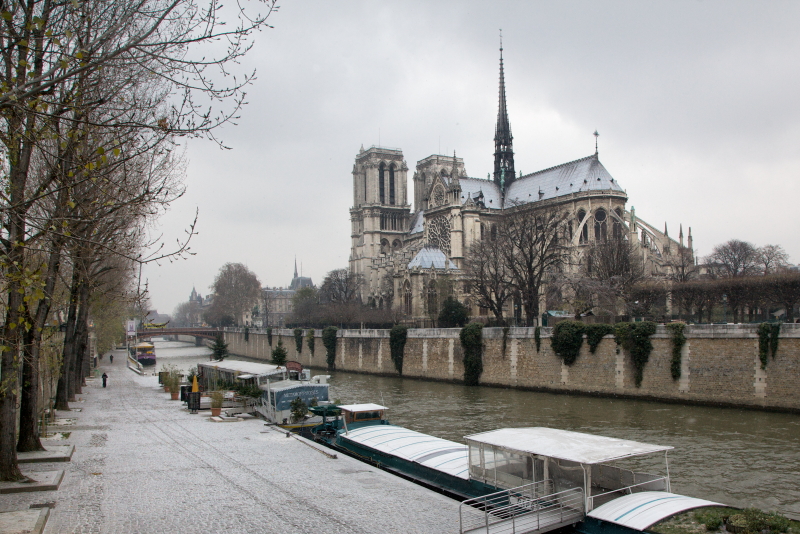 Photography print available at Found View Gallery.
Photography print available at Found View Gallery.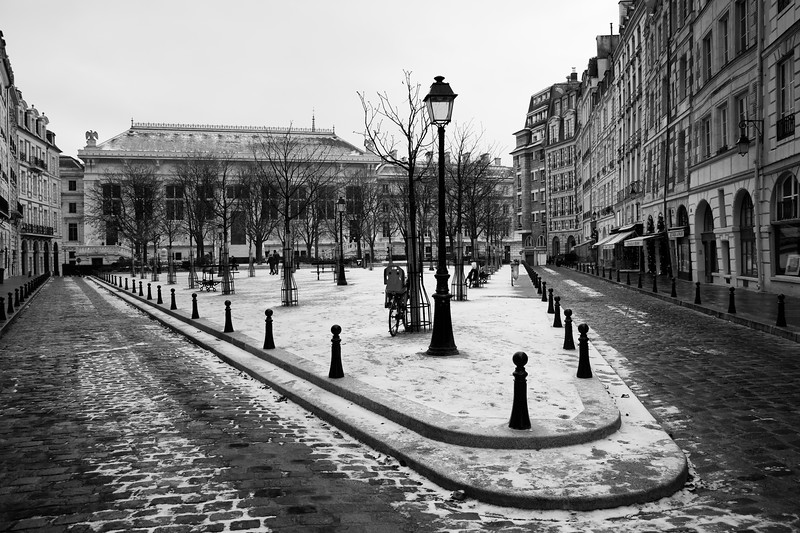 Photography print available at Found View Gallery.
Photography print available at Found View Gallery.